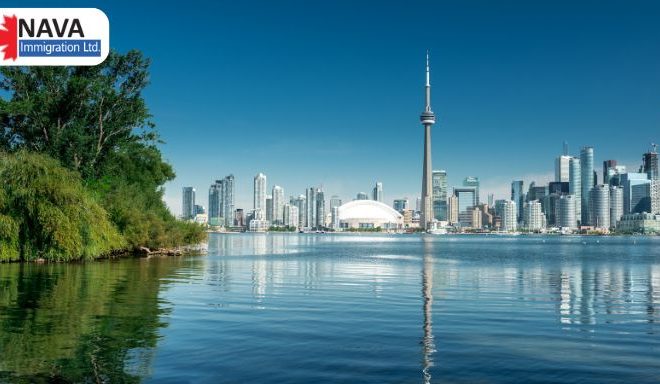IRCC Soon to Accelerate Certain Visitor Visa Processing
IRCC will accelerate certain visitor visa processing soon. Canadian immigration department, Immigration, Refugees and Citizenship Canada declared this in its strategic immigration report “An Immigration System for Canada’s Future.” IRCC aims to start it in the near future.
The department further added that it will prioritize the visitor visa processing for individuals from across the globe who intend to participate in notable conferences and events organized in Canada registered with IRCC. This commitment is highlighted as a part of its action plan detailed in the report.
The action plan, which the federal Government introduced and directed by IRCC, was presented in conjunction with the findings and insights gathered after communicating with diverse Canadian stakeholders.
This initiative aligns with Canada’s efforts to adapt its nationwide immigration system. This is to address the Country’s evolving economic as well as demographic requirements effectively.
IRCC will accelerate certain visitor visa processing
As per IRCC’s new immigration strategy, its significant objectives are categorized into various groups. One of those objectives is to continue striving towards reducing the wait times and improving the service standards for new immigrants.
In a section of the Government’s action plan aiming to create a more hospitable experience for new immigrants, Canada has expressed its intention that IRCC will accelerate certain visitor visa processing. This is particularly true to focus on applications of new immigrants. These include immigrants who desire to enter Canada for tourism purposes, attending significant conferences, or participating in major events.
Canada’s Additional Measures to Help Visitor Visa Applicants
Canada has implemented several steps to enhance its services for applicants for visitor visas from across the globe. Accelerating certain visitor visa processing is one such effort.
This year, in June, the IRCC department added 13 more countries to the list of “partial visa-exempt countries.” As per this, the total number of countries in that list reaches 67.
This means that starting from June 6, 2023, travelers from 67 approved countries are able to apply for an electronic travel authorization (eTA). This eliminates the need to apply for a traditional Visitor visa.
This change offers a significant advantage to eligible visitors who want to enter Canada temporarily. The advantage is that most eTA applications receive much faster application approval compared to visitor visas. This is often done within minutes, as stated by IRCC.
Visitor Visa Applications in Canada are Increasing.
IRCC stated that temporary residents, including individuals through visitor visas, are also entering the Country. This is despite the fact that the public’s major focus concerning immigration is centered on permanent residency and long-term new immigrants to Canada. It added that the department has not overlooked the temporary residents and visitors.
Also, at the end of 2022, IRCC stated Canada is processing a much higher number of visitor visas throughout Canada compared to the past year.
In a December 19, 2022 report, IRCC declared that the department is attempting to lower the backlogs. It additionally highlighted its intention to enhance the processing of visitor visas more quickly. This was in reaction to a growing desire worldwide to visit Canada.
Moreover, IRCC noted that Canada is currently processing more visitor visa applications on a month-by-month basis. This comes into light when compared to the applications it used to process prior to the COVID-19 pandemic. In particular, IRCC stated that it processed over 260,000 visitor visas alone in November 2022. This figure is noteworthy as IRCC stated that in 2019, the monthly average processing of visitor visas was 180,000.
These figures suggest that many qualified new immigrants who intend to visit Canada in the future will benefit from the decision of IRCC to accelerate certain visitor visa processing through the new strategy.





